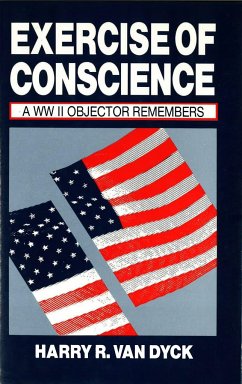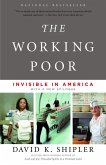An inherent tension exists between the pacifist conscience and the prevailing mentality of the populace in a country at war. Although today the term "conscientious objector" evokes images of the Vietnam era, every war in U.S. history has brought forth men who, for the sake of their consciences, refused to bear arms. World War II was no exception. Exercise of Conscience is the memoir of Harry R. Van Dyck, one of the nearly twelve thousand men who were thrust into hastily organized Civilian Public Service (CPS) camps during that war. Van Dyck, whose Mennonite heritage was the foundation of his conscientious objector status, spent nearly four years in the CPS. He experienced the numerous scenes of adventure, drama, and humor that made up daily life in the camps for a heterogeneous collection of men whose only common bond was their "exercise of conscience." As Van Dyck writes, life as a conscientious objector during this time could be anything but peaceful. Faced with public resentment, many COs were subjected to verbal or physical abuse by impassioned "patriots"; others made the difficult decision to renounce their pacifist positions and join the armed forces. Some conscientious objectors waited years before they were allowed to leave the CPS camps and return to civilian life. Van Dyck's memoir examines the principles, motives, and dilemmas of the pacifist, out of step with a society intensely engaged in a popular war, raising issues that are of concern to all who are interested in peace in our time. The COs story is not without significance; Van Dyck's compelling narrative captures the ambience of this unique time and place and illuminates an important portion of American history.








